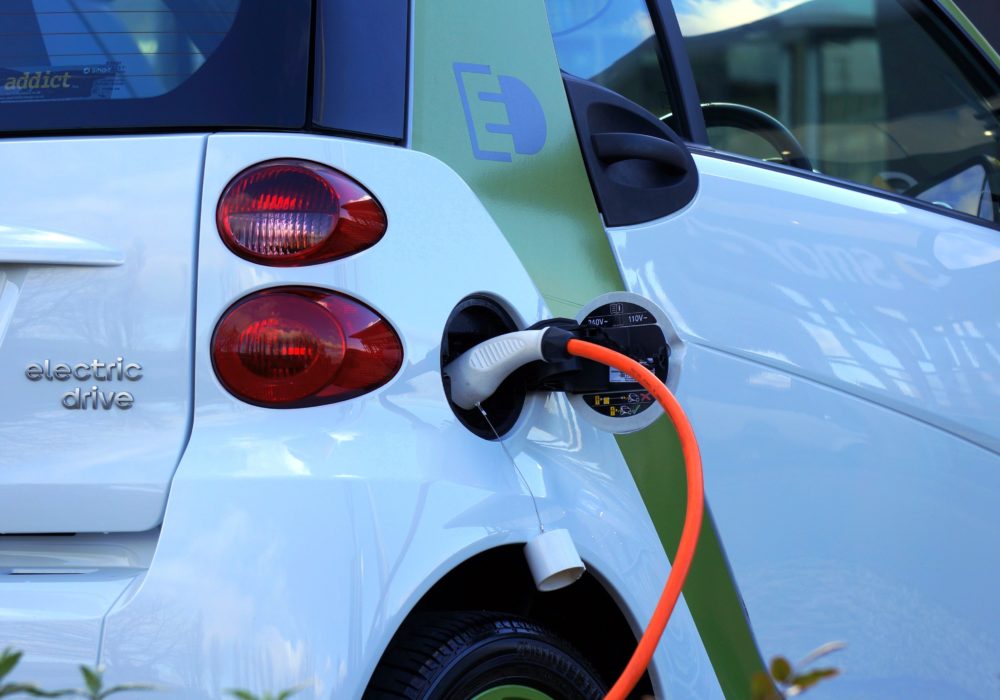
More than 21,000 electric cars are now being used in the UK, with 5,000 new electric vehicles registered each month, as eco-conscious households take steps to reduce their carbon footprint.
Many businesses and organisations are being inspired by the electric vehicle (EV) movement, looking to adopt something more sustainable. In fact, the City of London recently announced plans to start using renewable energy waste management vehicles from this year forward.
Today is just the tip of the electric vehicle iceberg, and commercial entities will come under greater public pressure to improve their environmental credentials. So, should other Local Authorities get ahead of the game and follow in London’s footsteps, making the switch to eco-friendly fleets? Let’s consider this further…
Saving money alongside energy
The City of London’s move to start using electrically-powered refuse lorries makes total sense. Our capital city has put many initiatives in place to protect its environment and make London greener, from introducing congestion charges to trialling zero emission street cleaning vehicles.
It’s a long-term cost saving opportunity for the council, as EVs can save waste management teams up to £300,000 over the vehicle’s lifespan, by extending the lifetime of their fleet by around 14 years on average. However, implementing something similar may not be such a straightforward decision for Local Authorities.
Making the shift to zero emissions means either buying an entire new fleet or converting the engines on existing collection vehicles from diesel to electric motors. This may yield savings in the long run, but not every waste management department has the up-front budget to make such an investment.
Simpler strategies for improving your carbon footprint
While electric vehicles might be a step (and cost) too far for some parts of the country right now, there are still many things that Local Authorities can do to make their waste management services more environmentally friendly.
Here are some examples:
Smarter route planning – many waste management teams find themselves in situations where some lorries are taking longer routes, covering more miles, than really necessary. Understanding how quickly trucks are likely to fill up during the course of each collection can enable better coordination of tip trips, and also enable crews to take the quickest route back to the depot.
Quicker feedback – often refuse collection crews will come across issues in their round – such as flytipping, graffiti, contamination and bins not present at the expected location – but these cannot be communicated back to head office until after their round. Giving field teams the ability to report back in real-time means challenges can be solved there and then, rather than another vehicle being despatched at a later date, increasing your carbon footprint.
Focus on recycling – the more you can get local residents to recycle unwanted packaging in the correct bin, the lower the volume of waste going into landfill. A marketing push doesn’t have to be expensive and it can make a big difference to community awareness.
Reduction in paperwork – it’s very important to lead by example, so look at ways to reduce the waste your own teams are generating. One effective way to cut down on paperwork is to start using digital waste management technology – and it also makes record-keeping easier and more secure in the process.
Setting targets – and meeting them – often Local Authorities struggle to become eco-friendly due to lack of focus. By setting clear goals and measuring progress, you can track your efforts effectively and take positive action in order to meet these targets in a timely manner.
Real change begins behind the scenes
In the future, electric vehicles will become much more commonplace in both the private and professional world, and for many waste management teams they’ll be the icing on the cake. But in the meantime, there are many things that Local Authorities can do to lower your carbon footprint – and much of this change begins in the back office.
Investing in municipal waste management technology is a cost-effective way to make strong strategic decisions, which ultimately give your refuse collection services greener credentials. By monitoring the performance of each route and rubbish lorry, you can cut down on unnecessary journeys and dispose of unwanted items more efficiently, to become more eco-conscious whilst improving standards of service.
Book a free Whitespace Municipal demo to see how our waste management topic can improve your regional refuse collections.
